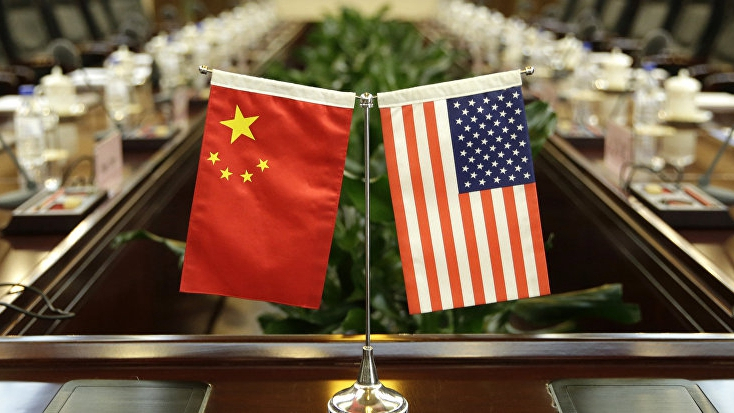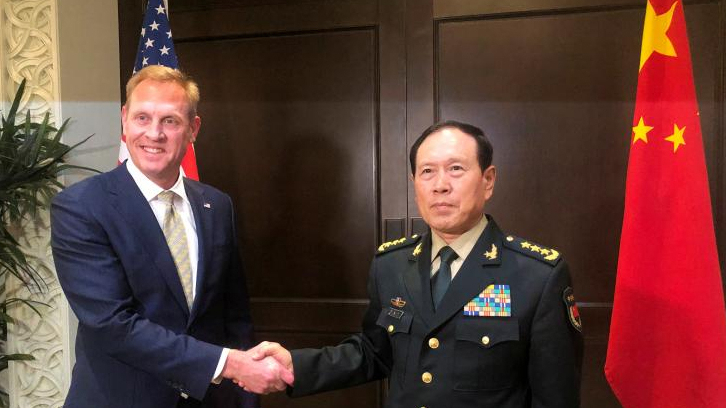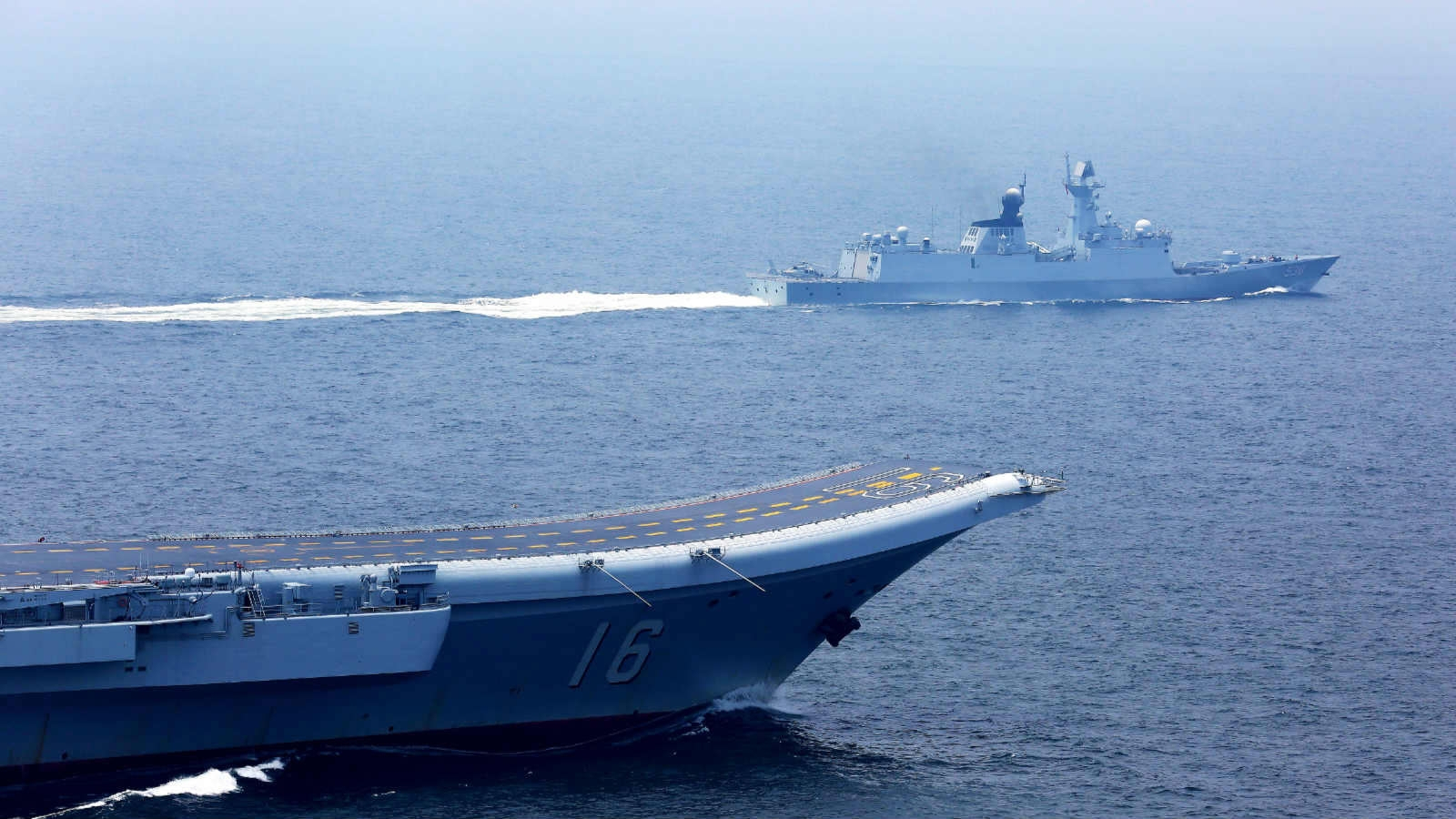

Editor's Note: Tom Fowdy is a British political and international relations analyst and a graduate from Durham and Oxford universities. He writes on topics pertaining to China, the DPRK, Britain, and the United States. The article reflects the author's opinions, and not necessarily the views of CGTN.
On Monday the United States announced that it would proceed with a 2.2 billion U.S. dollars arms sales to Taiwan, consisting of tanks and stinger missiles. The transaction comes amid a process of trade talks with China, provoking diplomatic protest from Beijing.
United States officials however sought to play down the significance of the sale, stating that it would not "alter the balance of power within the region".
Although American arms sales to Taiwan are not a new development, with a 40 year history, nevertheless it is important this particular transaction is viewed not just in the light of the White House's strategic, but also economic foreign policy goals.
As a huge advocate of "America first" trade and exports, President Trump has been an unapologetic supporter of what is described "The Military Industrial Complex"- that is the influence of the arms industry exerting itself upon policymakers.
By upholding sales to Taipei, the President is likely to frame it not in provocative terms to Beijing, but as a victory for American jobs, manufacturing and business alike.
Nevertheless, China is inevitably not going to tolerate the militarization of its periphery by Washington, and thus Trump cannot have "the best of both worlds" in his trading preferences as talks commence.

Chinese State Councilor and Minister of National Defense Wei Fenghe and acting U.S. Defense Secretary Patrick Shanahan (L) shake hands before the start of their meeting in Singapore on the sidelines of the Shangri-La Dialogue, May 31, 2019. /Reuters Photo
What is the "Military Industrial complex"?
It is a term heard a lot in discourses relating to American foreign policy, but what exactly does it mean?
Such refers to an interest group which exerts its influence on U.S. mainstream politics. The arms industry is big money. As per any business, its stakeholders want to be able to perpetuate and prolong its profits.
But in such a sensitive industry, you can't really sell your biggest products to the public like groceries. You can't after all, buy tanks in Wallmart can you?
So who are your customers? Militaries of course, not just America's but other countries too. The sensitivity of such products means inevitably that arms sales are dictated and constrained by politics.
Therefore, you need "insider ties" and representatives to ensure your business gets a say. Thus is the "Military Industrial complex" whereby political insiders coordinate with arms industries to help sustain profits.
This of course leads to the next requirement: for arms sales you need conflicts, tensions, uncertainty, and threats. Thus it goes that the "Military Industrial Complex" naturally exerts a contentious and pro-war influence upon U.S. foreign policy making.
On that note, the system fits well with Donald Trump's vision of "America First". Trump's goals involve making big money on American exports and industries, so that he can claim he is supporting American jobs and workers. This inevitably spills into arms sales.
As an example, despite the enormous controversies surrounding the Saudi-led war in Yemen, the President has continued to sell equipment to the kingdom, even using emergency laws to bypass congressional resistance.

Vessels in the Taiwan Strait, July 20, 2017. /CGTN Photo
Given this background and motivations, he was never going to seriously turn down selling more equipment to Taipei.
China however has some good reasons to be unhappy. A foreign power is in fact militarizing its periphery, a strategic implication which no country would accept, not least the United States. While arms sales to Taiwan are not a new occurrence, such are interpreted by Beijing as a threat to China's own security, as well as an empowerment of separatism in the form of a challenge to the one-China policy.
Given this, China may highlight to Trump that he cannot have "the best of both worlds"- if he is seeking an earnest and sincere trade deal with Beijing, then he must ensure his priorities are set upon that, rather than attempting to give with one hand and then poke sticks with the other.
Politically empowering Taiwan's Democratic Progressive Party (DPP) is a straight pathway to increased regional instability.
(If you want to contribute and have specific expertise, please contact us at opinions@cgtn.com)

Copyright © 2018 CGTN. Beijing ICP prepared NO.16065310-3
Copyright © 2018 CGTN. Beijing ICP prepared NO.16065310-3